10 Dec Joseph Rock, Ezra Pound and Shangrila
by Renzo Freschi
One of the most remarkable discoveries I made while travelling in Yunnan is the museum-house of Joseph Rock (1884-1962), botanist, explorer and anthropologist, who lived in the village of Yuhu, near Lijiang from 1922 to 1949.
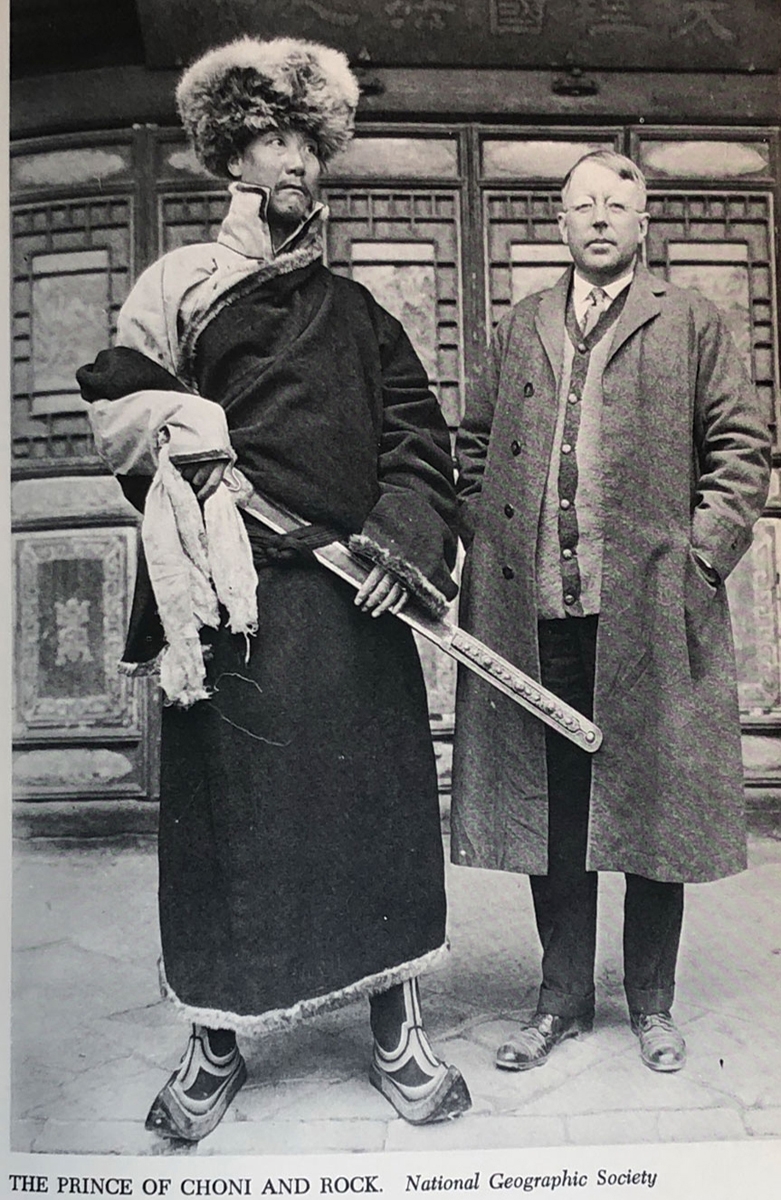
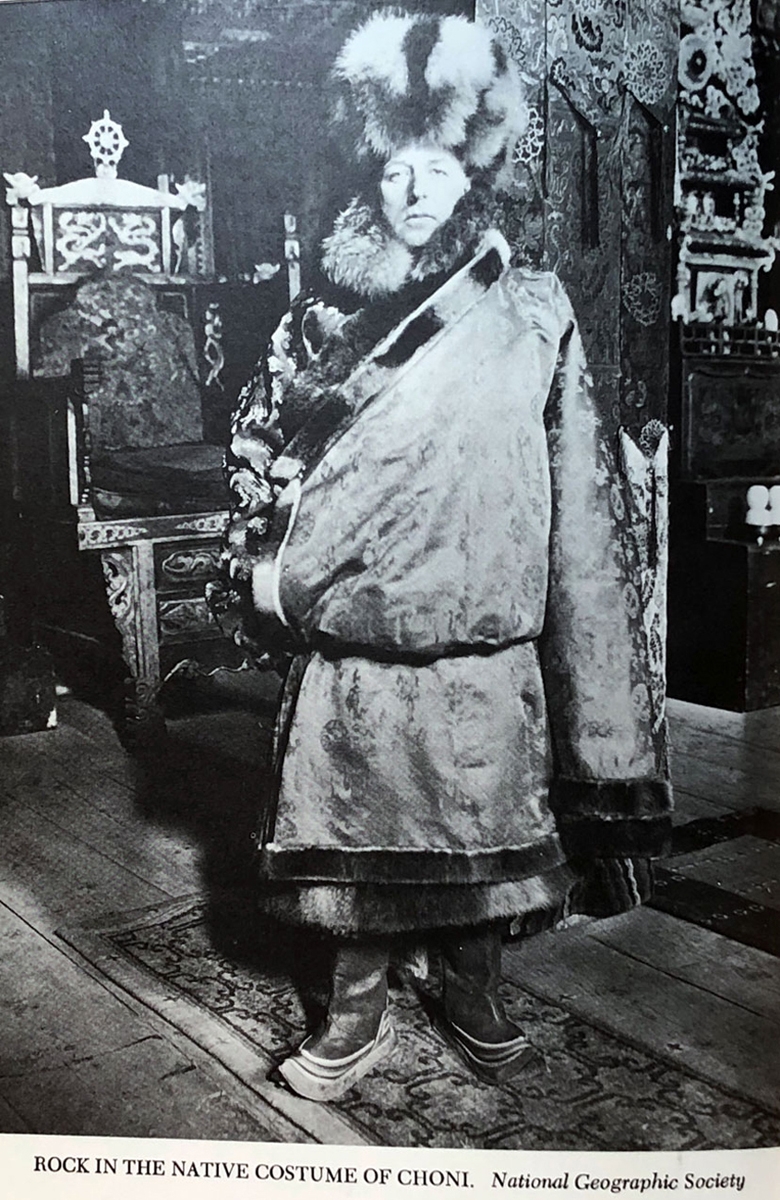
Born in Austria but naturalized American, Rock had the extraordinary opportunity to visit Yunnan to study and collect samples of the local flora to be sent to the United States (on his first expedition he sent home 80,000 different species!). Fascinated by nature and by the local people, Rock undertook adventurous explorations into the regions of Sichuan and Gansu, inhabited by numerous ethnic groups but often the scene of violent religious disputes and brigand attacks to caravans. However, Rock did not manage without safety and comfort and travelled with bodyguards, guides, porters and even a cook whom he had taught European cuisine (he disliked Chinese food), plus a sedan chair especially built for his size.
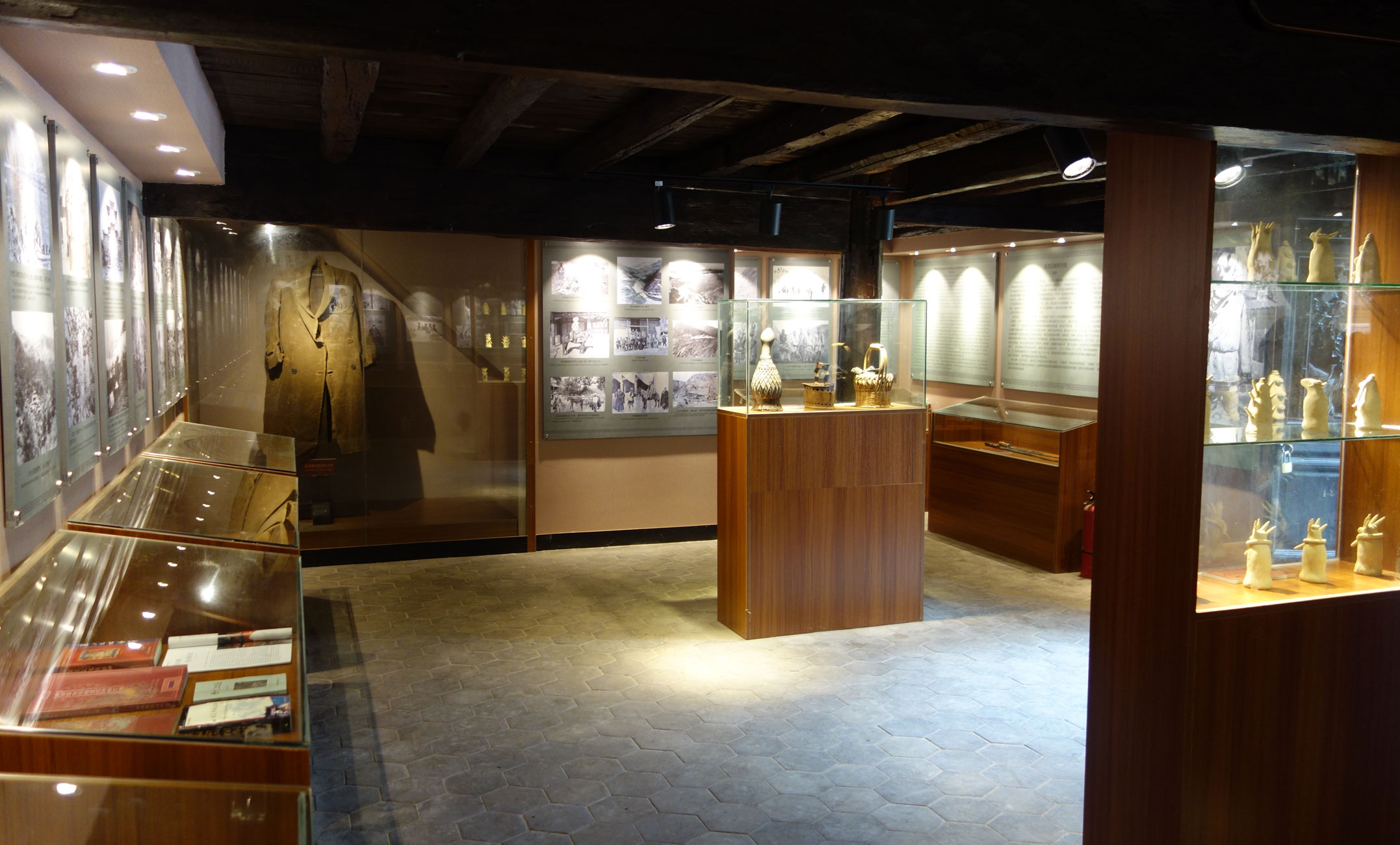
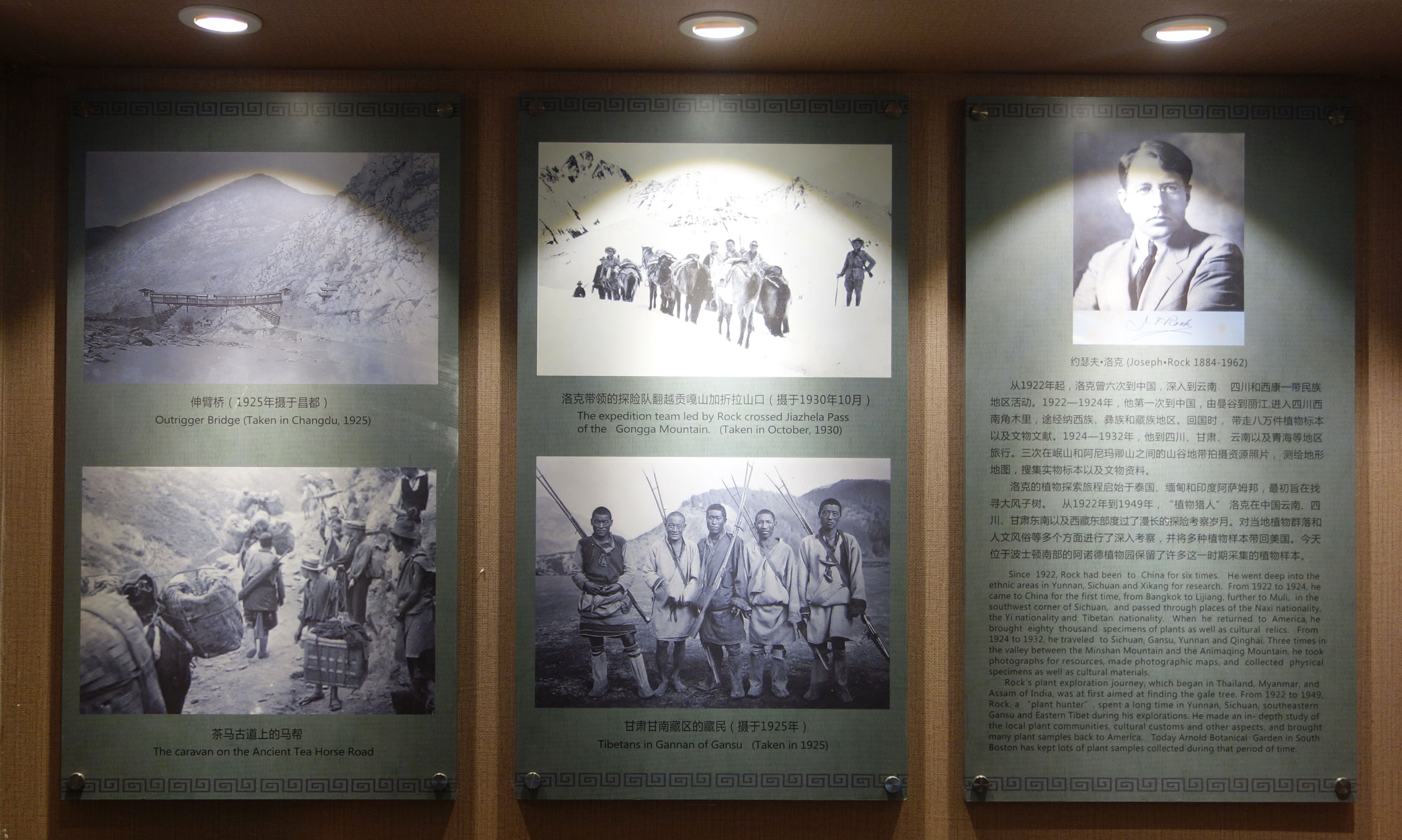
Although quite eccentric, Rock fell so deeply in love with this part of China that he lived in Lijiang for 27 years and became one of the most important scholars of the populations he came into contact with. He was the first to study the Naxi, the ethnic group in the Lijiang area. His extraordinary versatility with languages (he spoke many tongues and dialects among which Tibetan and Sanskrit) enabled him to publish the first 1Na-2Khi – English Encyclopedic Dictionary and to translate the sacred books of the Naxi religion called “Dongba”, written in pictograms (hieroglyphs) which had never been studied previously (see Lijiang, the Naxi and the Dongba religion in this website). He collected tens of thousands of books and original documents—later bought by Harvard University—which brought about a knowledge of Naxi mythology and of their complex rituality.
His research was also financed by the National Geographic Magazine, which published various articles on Rock’s expeditions and discoveries between the 1920s and 30s.
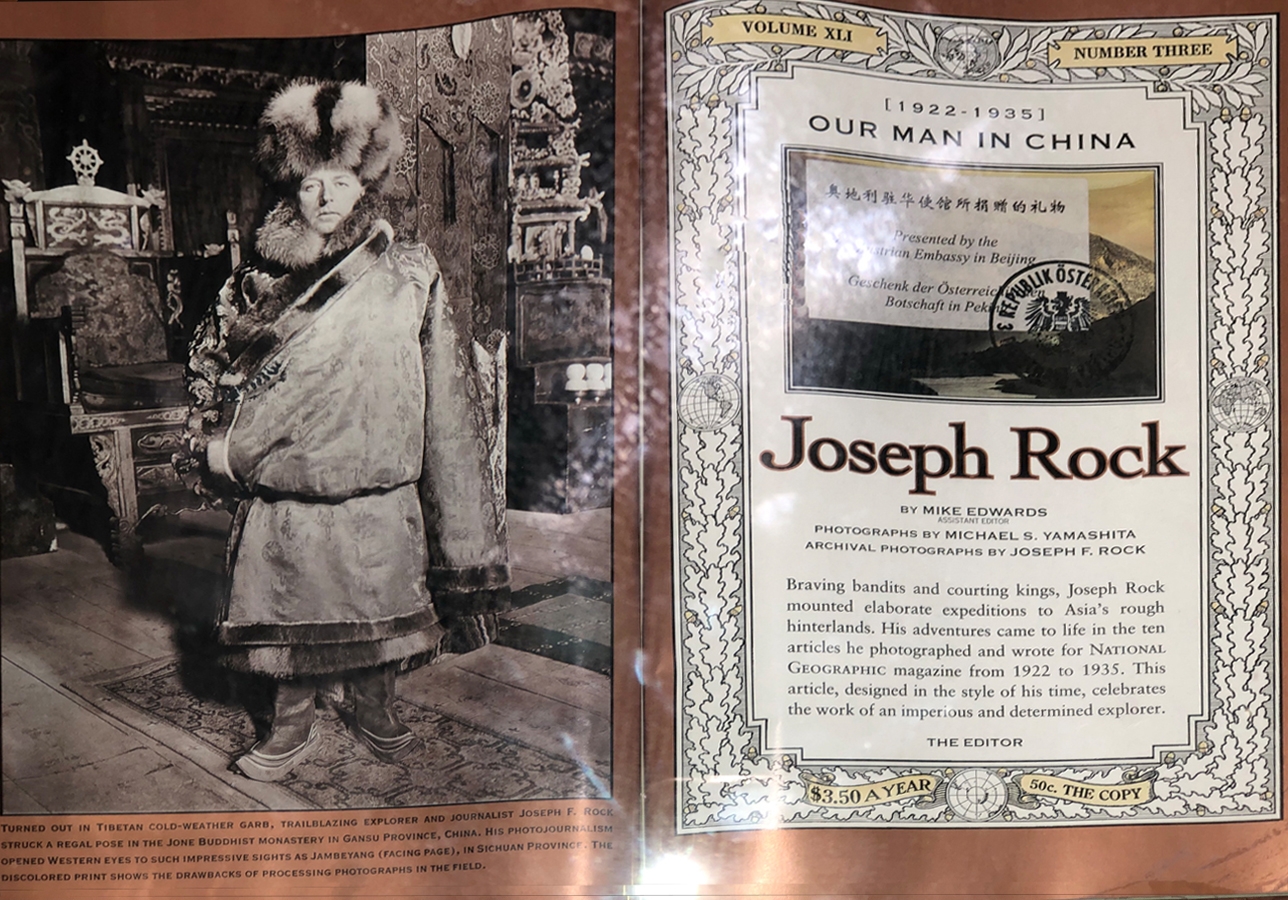
His translation of Dongba texts also inspired Ezra Pound who mentions Rock’s name in Canto CXIII. Indeed, it seems that the vision of paradise which Pound describes in the last part of his Cantos was influenced by that of Naxi-Dongba texts translated by the explorer. Known all over the world, Rock even met Giuseppe Tucci, the great scholar of things Tibetan who in 1972, after Rock’s death, had his 1Na-2Khi – English Encyclopedic Dictionary published by the Istituto per lo Studio del Medio e Estremo Oriente (IsMEO), which Tucci himself had founded in Rome.
Rock’s fame and the accounts of his expeditions also captivated James Hilton, the author of Lost Horizon (1933) who was inspired, apart from texts on Tibetan religion, by the idyllic description of Yunnan in some articles written by Rock for the National Geographic Magazine. The novel is set in the almost inaccessible valley of Shangrila (a fancy name) where people live in a sort of Eden
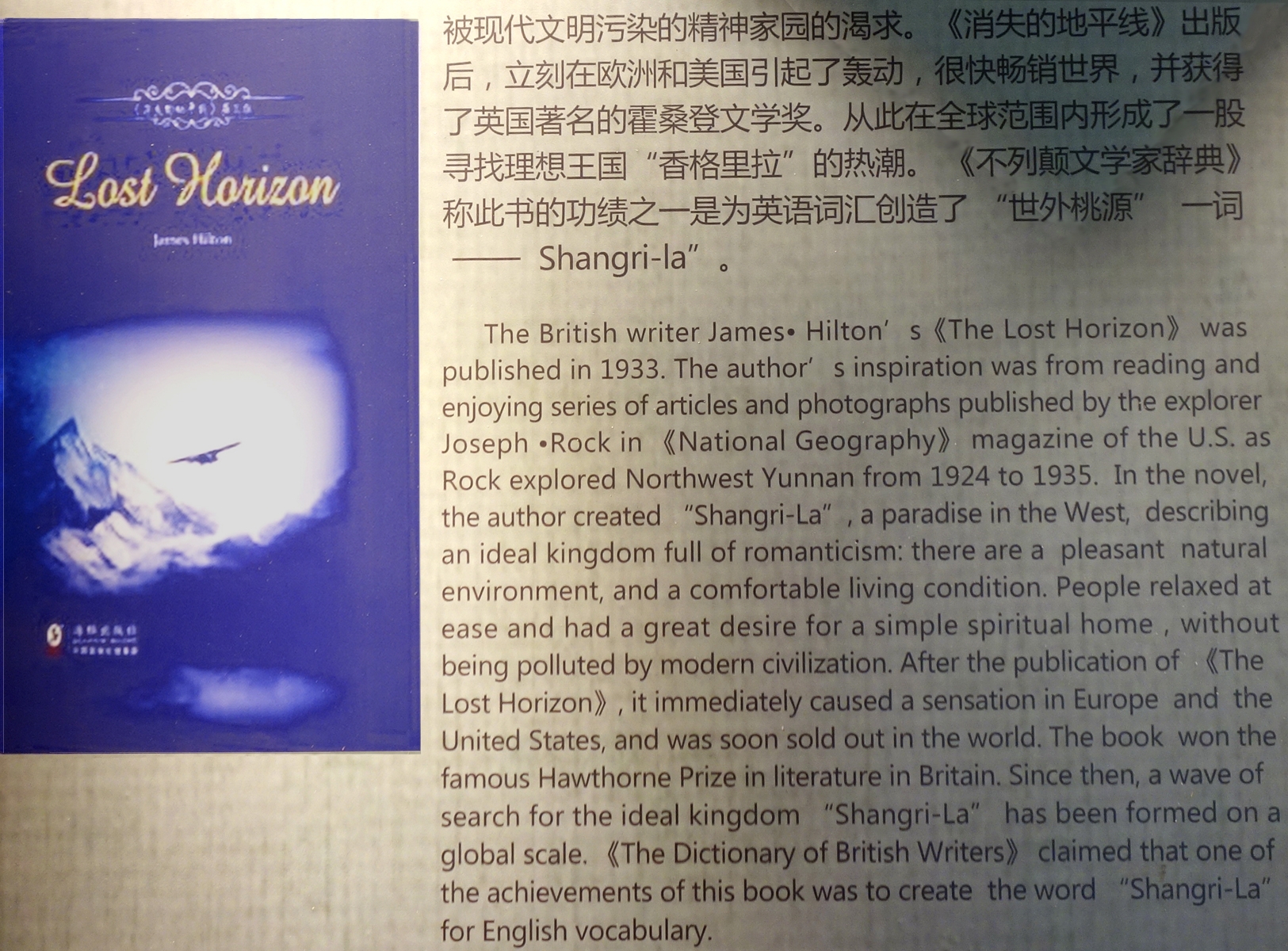
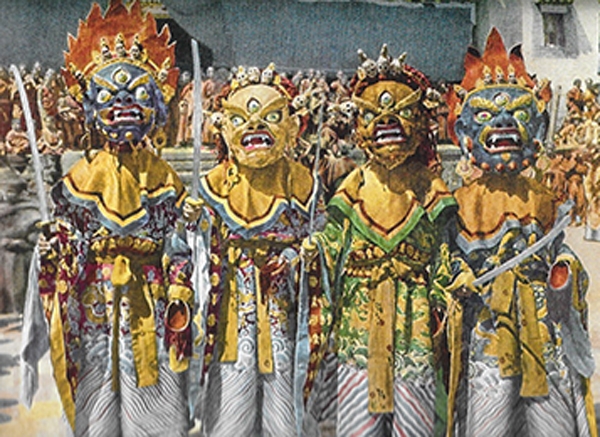
The success of the book and of the 1937 film by Frank Capra was such that the village of Zhongdian where Rock lived—some 180 kilometers from Lijiang—was nicknamed Shangrila for its beauty and atmosphere recalling those of the novel. In 2001 the Chinese government, no doubt for tourism reasons, officially changed the village name to Shangrila.
Unlike the exuberance of the “character” Rock, his home in Yuyu is a simple Chinese-style, two-storey dwelling giving onto a courtyard full of flowers and plants, surrounded by orchards and woods.
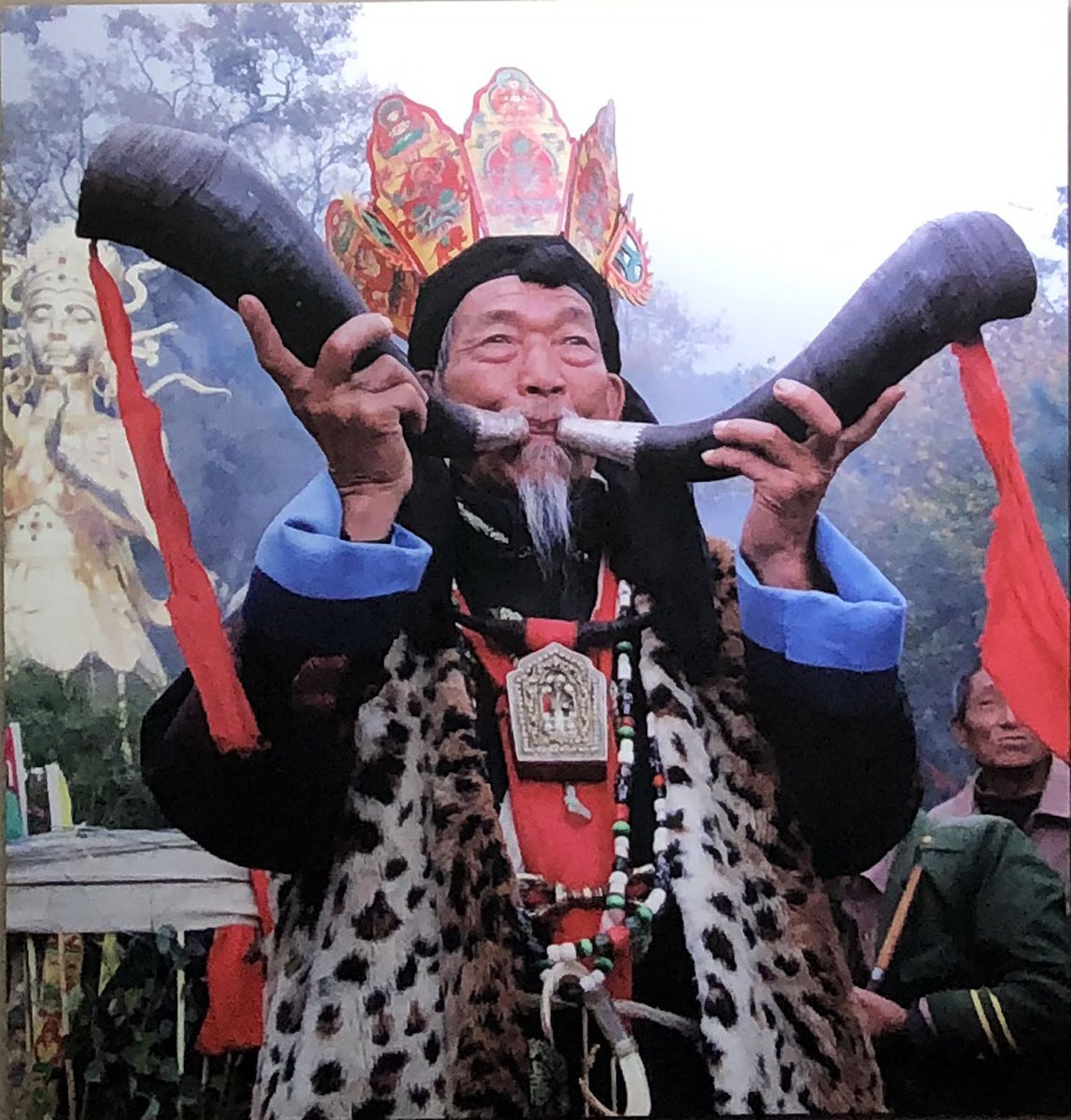
The ground floor has been transformed into a museum where many of his photographs and long descriptions of his trips and studies are displayed. On the first floor a very basic bedroom-cum-study has been preserved, as can be seen in a 1930s photograph. The atmosphere is gentle and quiet, nature and the landscape are conducive to serenity, the people are kind, mules carry the tourists on excursions into the region—it just feels like a tiny paradise, or rather a small Shangrila.
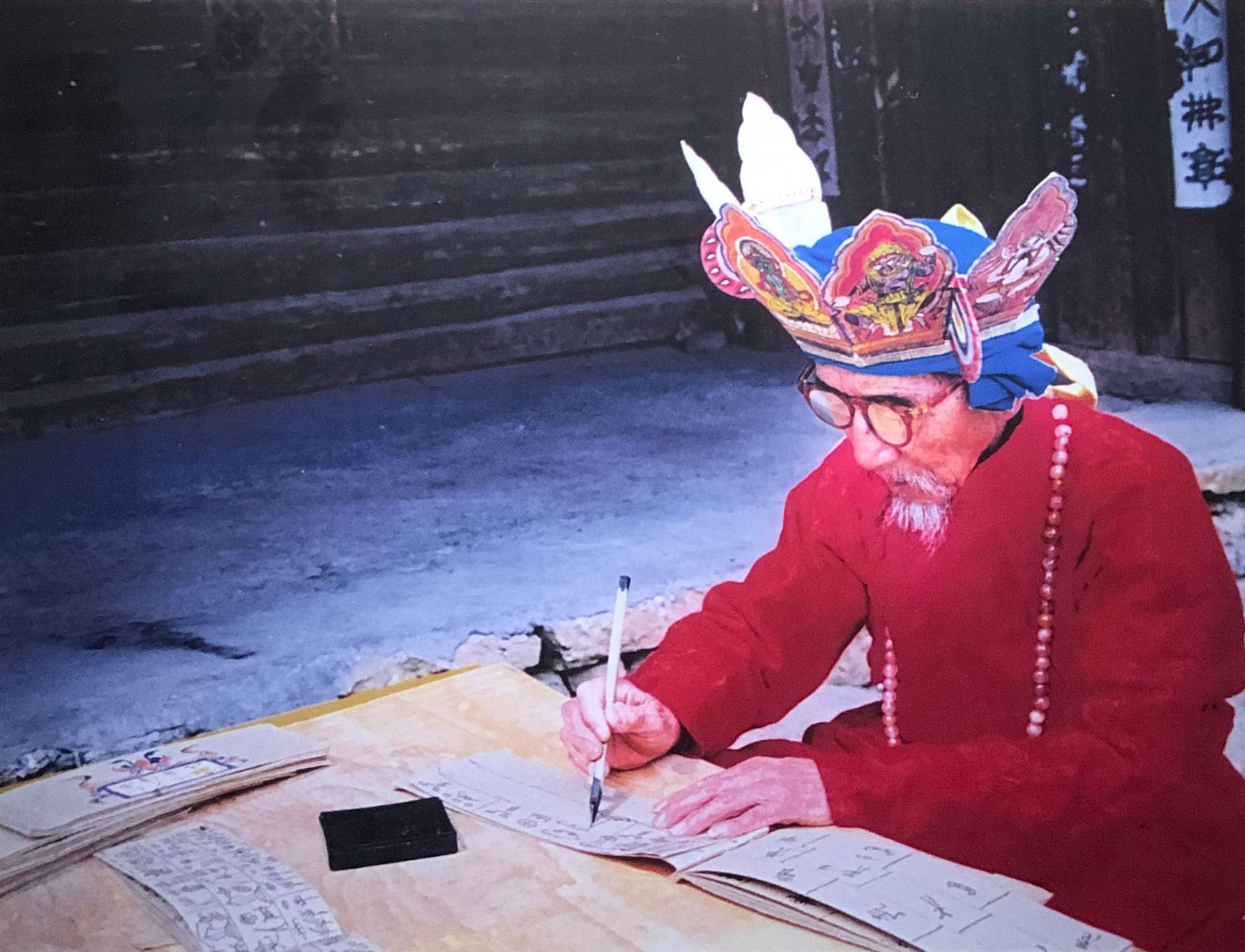
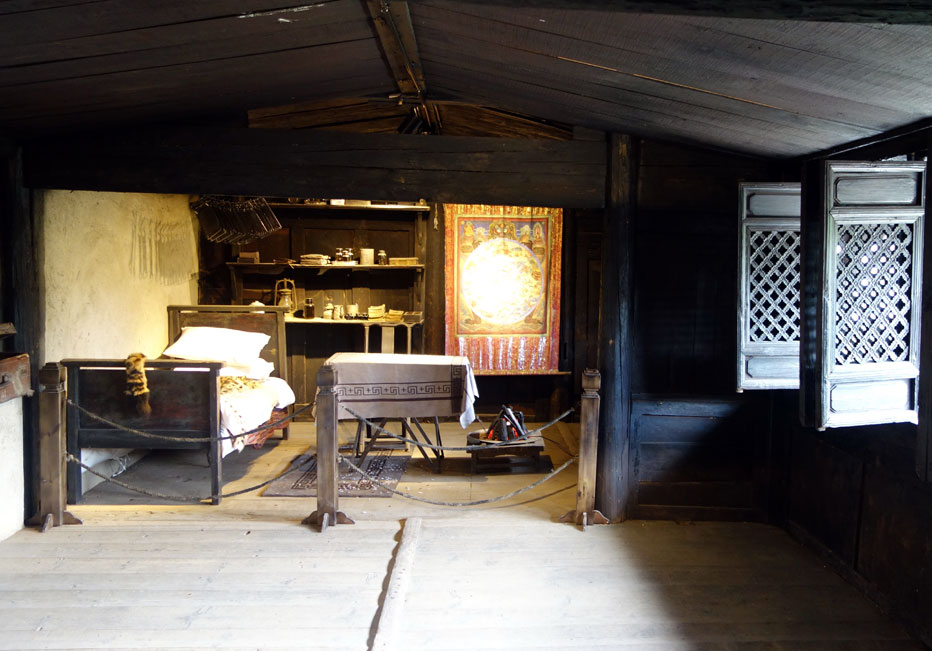


Sorry, the comment form is closed at this time.